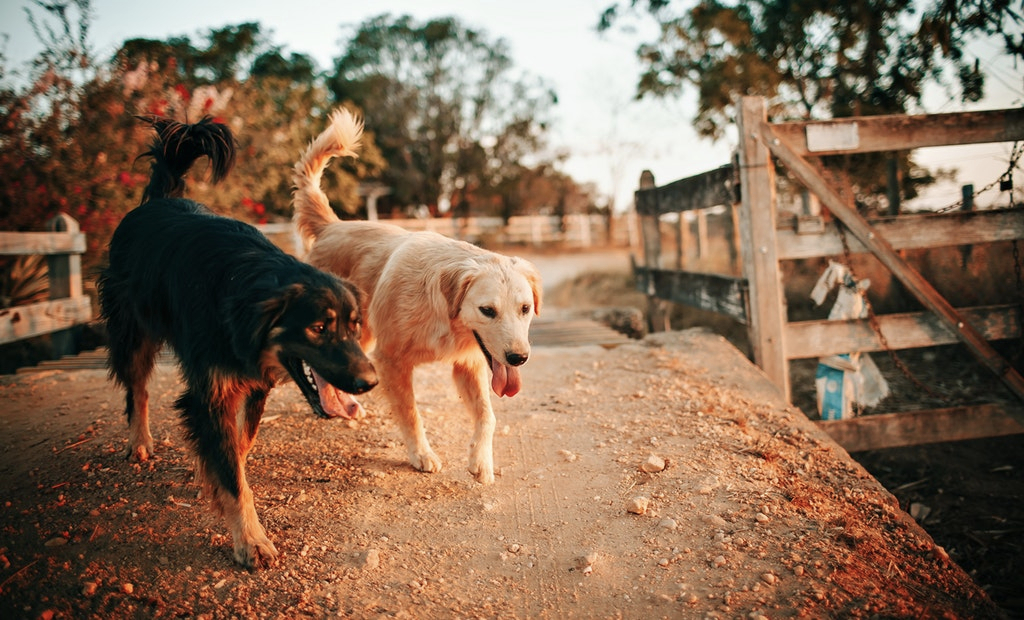Why a pet liability insurance is becoming more and more necessary

These seem to be hard times for pet owners all around the world. In fact, many sovereign states are establishing increasingly strict rules for them. The notion of strict liability is becoming wider and wider almost everywhere: this means that any kind of damage, directly or indirectly caused by a pet, could be easily charged to its owner. Even what could be previously settled by an amicable agreement. Therefore, if you have a pedantic neighbour, you could be charged for every kind of hassle caused by your dog, cat or any other kind of pet.
This is particularly noticeable in EU countries and those that hold relationships with them, whether commercial or of mere geographic contiguity: UK, of course, but also Switzerland, Ukraine and Russia, to name a few. Overseas – for example in the United States, but also in many Latin American countries – the rules appear to be slightly less strict. But if you come to these countries from Europe (when international travel will be allowed again), and you decide to bring your pet with you, besides local animal health protocol, you have to make sure that every pet has a proper valid overseas liability insurance. It is no accident that insurance companies all over the world have recently enhanced this kind of service.
But even if you are not planning to travel elsewhere in the next few months or years (many EU citizens have already started, after borders reopened), you must be aware that owning a pet requires much more responsibility than before. For example, unleashing a dog in unauthorised areas or forgetting to pick up its stool, could be considered not only a violation of almost all the European countries’ laws but also damage caused to the other citizens around, who are allowed to sue you. Obviously, these are not the kind of damages usually covered by liability insurance, but they make the idea of how strict the rules of engagement are, by now. The basic concept is: to raise a pet, you have to show the maximum commitment and make the maximum effort, in order to guarantee happiness and safety to your animal as well as to the environment where it is usually living.
These restrictions have been made necessary by the increasing number of pets per capita, and the simultaneous surge of their variety: a phenomenon that has intensified during the last decade and doesn’t seem to subside. In fact, many animals once considered as exotic are now – more or less tacitly – classified as domestic: birds, fish, insects, even certain reptiles. Confusing legislation, in many cases, doesn’t help: a lot of countries don’t even know how to classify spiders, just to give an example. To the point that, in most cases, the most reliable law is given by common sense. In the end, all that it takes is a mixture of respect, attention, commitment and caring. All elements that a pet’s owner should carry with him from the very beginning since they are the same that he should use to look after his four (or even more) legged friend.
The editorial unit

























Facebook
Twitter
Instagram
YouTube
RSS